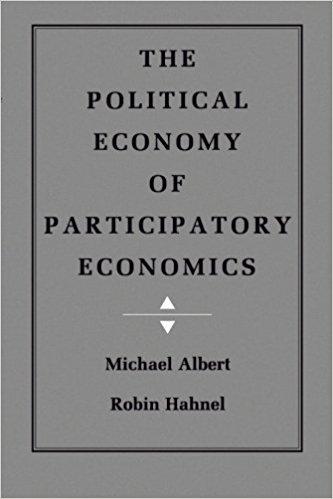We hope you love the books people recommend! Just so you know, The CEO Library may collect a share of sales or other compensation from the links on this page.
This book has 1 recommendation
Lucas Morales (Founder & CEO/Zeall.us)
Depending on your interest and goals, if you are like me and always looking for the trends in the big picture then I highly recommend being an active contrarian reader. Read what no one else is reading. Your goal is to think outside the box. To look at the world and ask “why hasn’t this been solved?” And that gives you a roadmap as to what opportunities may exist for your entrepreneurial efforts. So to that, here’s a snapshot, in no particular order, of what might help you push your intellectual boundaries:
- Born a Crime: Stories from a South African Childhood by Trevor Noah
- 23 Things They Don't Tell You About Capitalism by Ha-Joon Chang
- Postcapitalism: A Guide to Our Future by Paul Mason
- Capital in the Twenty-First Century by Thomas Piketty
- Who Gets What--And Why: The New Economics of Matchmaking and Market Design by Alvin E. Roth
- The Political Economy of Participatory Economics by Michael Albert and Robin Hahnel
- The Zero Marginal Cost Society: The Internet of Things, the Collaborative Commons, and the Eclipse of Capitalism by Jeremy Rifkin
- Why America Misunderstands the World by Paul R. Pillar
- A Theory of Justice by John Rawls
- Prisoners of Geography by Tim Marshall
Amazon description
With the near bankruptcy of centrally planned economies now apparent and with capitalism seemingly incapable of generating egalitarian outcomes in the first world and economic development in the third world, alternative approaches to managing economic affairs are an urgent necessity. Until now, however, descriptions of alternatives have been unconvincing. Here Michael Albert and Robin Hahnel support the libertarian socialist tradition by presenting a rigorous, well-defined model of how producers and consumers could democratically plan their interconnected activities.
After explaining why hierarchical production, inegalitarian consumption, central planning, and market allocations are incompatible with "classlessness," the authors present an alternative model of democratic workers' and consumers' councils operating in a decentralized, social planning procedure. They show how egalitarian consumption and job complexes in which all engage in conceptual as well as executionary labor can be efficient. They demonstrate the ability of their planning procedure to yield equitable and efficient outcomes even in the context of externalities and public goods and its power to stimulate rather than subvert participatory impulses. Also included is a discussion of information management and how simulation experiments can substantiate the feasibility of their model.
Get this book on Amazon | Barnes & Noble | Book Depository



